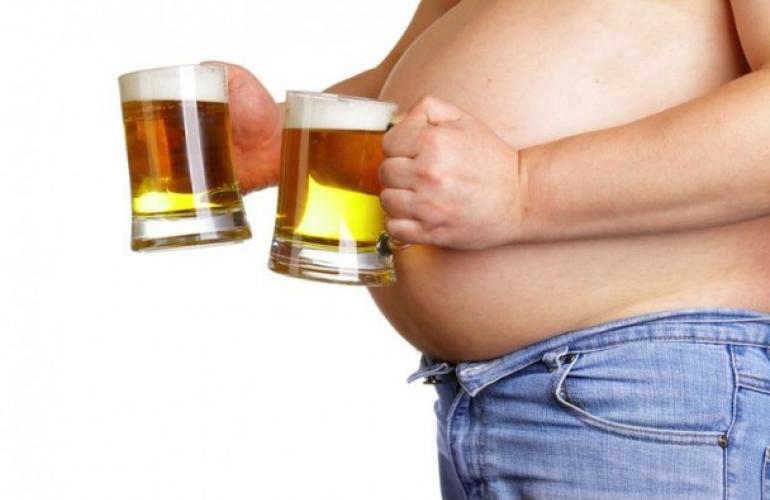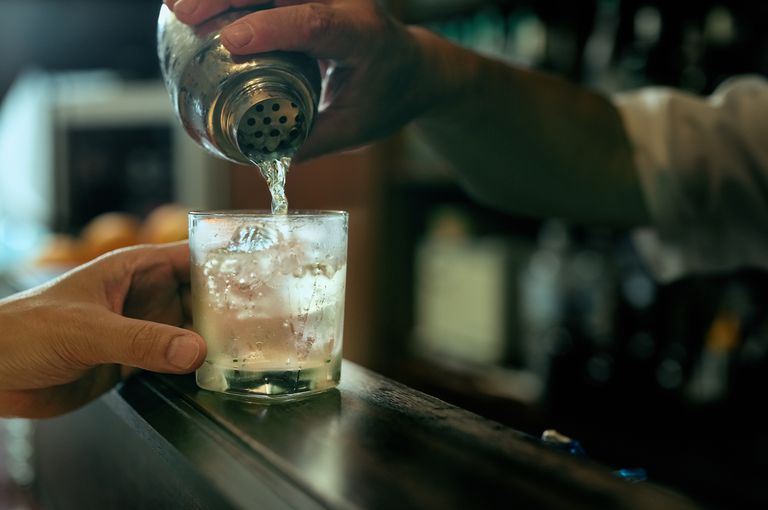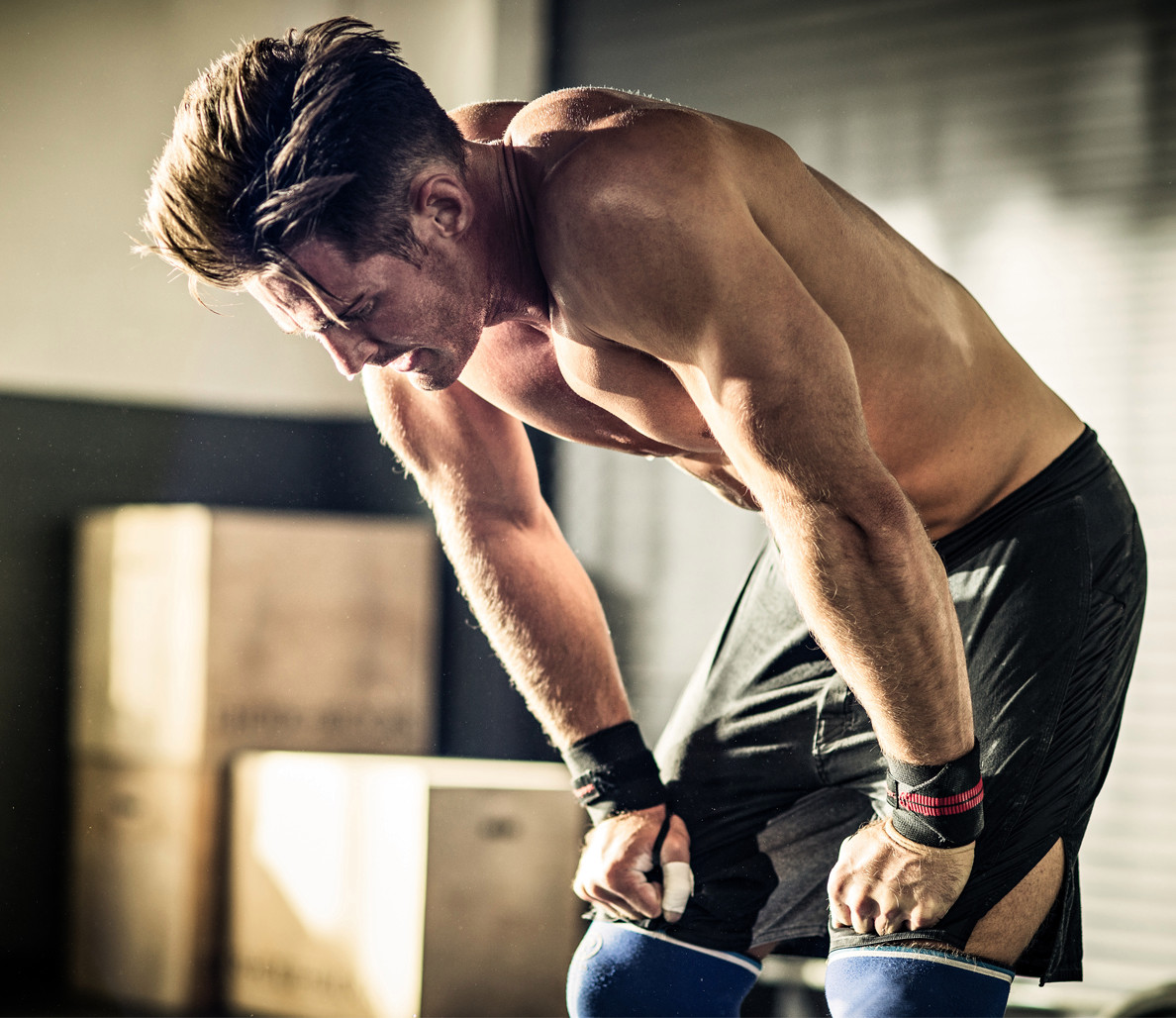We’re gonna have a look at the idea that drinking alcohol is hindering your fat loss or weight loss and we’ll also touch on a few other things like its effect on building muscle and testosterone levels.
Is alcohol inherently more fattening than other nutrients?

While it is true that CALORIES IN vs. CALORIES OUT, is the main thing driving changes in body weight. Changes and body composition can be a bit more complicated.
What happens when alcohol enters your body?
So when you drink alcohol it’s first absorbed in your bloodstream and then makes a beeline straight to the liver. In fact, your body handles alcohol metabolically quite similar to how it handles poisons, means that metabolism of all the other nutrients you’ve eaten is going to be put on the back burner until the alcohol is eliminated.
Since there’s no store for alcohol in the body unlike carbs and fats as long as alcohol is in your system. All carbs and fats are gonna be preferentially shuttled towards storage. This is especially the case for dietary fat where we see that fat oxidation or burning is severely blunted following alcohol consumption.
Alcohol itself isn’t making you fat
This is especially the case with dietary fat. If you are going to be drinking heavily, “I’d recommend lowering your fat intake for that day”.
The main thing that you really want to avoid is a post drinking binge. This is a surefire way to accumulate a lot of new fat short period of time. When you consider the alcohol’s effect on lowering inhibitions, post-drinking food binges, that really can be pretty difficult to resist for a lot of people. It depends on your level of willpower, while intoxicated it might simply be better for you to just avoid heavy drinking if fat loss is your priority.
Another strike against alcohol is that experimental studies show that individuals often don’t compensate afterward for calories consumed from alcohol. So when you drink chances are those extra calories from alcohol will just end up getting tacked on, it’s your total intake for the day. Making it much easier to push you into a caloric surplus.
One 2010 review on alcohol and appetite, described alcohol as the least satiating energy source. We’re still some studies have shown alcohol to magnify the ability of food to stimulate the appetite. So not only is it terrible at making you feel full it might actually make you feel even hungrier once you do start to eat.
How does alcohol impact testosterone?

Light drinking in the range of two to three standard drinks has actually been shown to boost testosterone in the range of 17 percent in men and this might help explain the increase in libido that’s often seen with light alcohol consumption. The very transient nature of this spike I don’t think it’s likely to be doing much of anything anabolic.
However, as you start to increase the dose of alcohol at testosterone levels start to steeply decline and one study, that drew blood samples from drunken emergency room visitors found 45% lower testosterone in drunk men compared to controls.”I think most interestingly about fivefold higher testosterone in drunk women” and authors suggests that this is likely due to alcohols inhibitory effect on testicular testosterone specifically, this is an idea supported by multiple lines of evidence collectively suggesting that if you don’t have testicles you don’t really need to worry about alcohols negative effect on testosterone.
What does science say about alcohol and muscle growth directly?

The general trend of research seems to indicate that rates of muscle protein synthesis are suppressed by alcohol consumption. This is especially true in the post-workout period.
Well, a lot of this research has been done on rodents now they’re all showing the same general trend. One 2014 human study from Parr and colleagues found that heavy alcohol consumption in the range of eight to nine drinks post-workout reduced muscle protein synthesis by 37%. That’s a pretty big drop and they also found that even when protein was consumed in amounts shown to be optimally effective the intake of alcohol still reduced muscle protein synthesis by 24%. Indicating that even protein some of the most anabolic stuff we have can’t fully rescue the anti-anabolic effects of alcohol. This study only tested male subjects and similar to testosterone the impact of alcohol seems to be sex-specific.
According to a new 2017 study, investigating alcohols effect on ten men and nine women, although resistance training elicited similar mTOR signaling in men and women alcohol ingestion seemed to only attenuate mTOR signaling pathway in men.
If you are a woman you probably have much less to worry about from a muscle building perspective if drinking after training. “I would say the biggest potential downfall of drinking is its effect on performance the following day.” “I’m just how much it affects your training will be individual and it’ll depend on how much you drank but through the combination of dehydration, hangover, and interrupted sleep a night of drinking really is working against you the day after in the gym.”
Of course once in a while this isn’t gonna derail your gains completely especially if you say schedule planned rest day, the day after a night of drinking and just really focus on rehydrating but if it becomes a regular thing the potential for performance detriments combined with suppressed testosterone and reduced muscle protein synthesis especially if you’re a man really could be holding you back at times.
Practical Takeaways
- Alcohol consumed IN MODERATION isn’t likely to halt fat loss or muscle building progress as long as caloric intake is kept constant.
- Borrow calories from fats or carbs, when drinking to ensure a NET 24 HOUR CALORIC DEFICIT if the fat loss is in the goal. Try to eat lower fat on drinking days if possible.
- Make an extra effort to AVOID POST-DRINKING FOOD BINGES.
- Since alcohol has terrible satiating power, try to EAT HIGH VOLUME FOODS ON DRINKING DAYS.
- LIGHT ALCOHOL consumption ( 2-3 drinks ) acutely boosts testosterone but not to levels likely to be anabolic.
- HEAVY DRINKING REDUCES TESTOSTERONE by as much as 45% in men but not in women.
- Heavy drinking is associated with LOWER POST WORKOUT MUSCLE PROTEIN SYNTHESIS in men but not in women.
- HEAVY PROTEIN WITH ALCOHOL partially, but not fully, rescues the anabolic response from training.
- Plan a SCHEDULED REST DAY the day after drinking and focus on rehydration.
IN THIS POST:
Is a Calorie a Calorie?
https://academic.oup.com/ajcn/article/79/5/899S/4690223
Fat Oxidation + Alcohol Consumption:
https://www.ncbi.nlm.nih.gov/pubmed/10539756
Alcohol and Appetite:
https://www.ncbi.nlm.nih.gov/pubmed/20096714
Alcohol and Testosterone:
https://www.ncbi.nlm.nih.gov/pubmed/12711931
https://www.ncbi.nlm.nih.gov/pubmed/11912073
Alcohol and Muscle Protein Synthesis:
https://www.ncbi.nlm.nih.gov/pubmed/27135475
https://www.ncbi.nlm.nih.gov/pubmed/25257868
https://www.ncbi.nlm.nih.gov/pmc/articles/PMC2651172/
https://www.ncbi.nlm.nih.gov/pmc/articles/PMC3922864/
https://www.ncbi.nlm.nih.gov/pubmed/27135475
Helpful Resources:
https://www.youtube.com/watch?v=2JC9gnTVKxg
https://mennohenselmans.com/science-binge-drinking/
https://mennohenselmans.com/the-effects-of-alcohol-on-muscle-growth/



